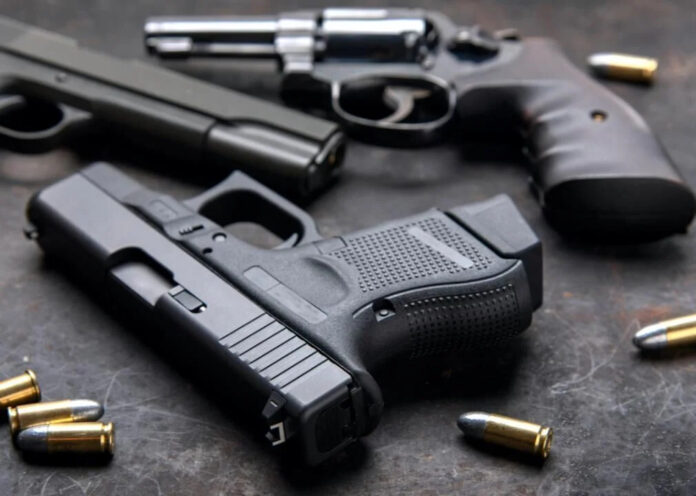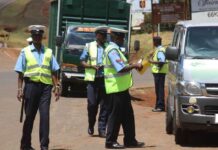Members of Parliament have thrown their weight behind proposals to grant the Independent Policing Oversight Authority (IPOA) budget autonomy and allow its inspectors to carry firearms, marking a major shift in efforts to strengthen civilian oversight of Kenya’s police service.
The National Assembly’s Administration and National Security Committee endorsed amendments to the IPOA Act that would empower the authority to draw funds directly from the Consolidated Fund, rather than through the Interior Ministry, in order to enhance its operational independence and protect it from political interference.
Under the proposals, IPOA investigators would also be permitted to carry pistols while undertaking high-risk investigations involving armed officers accused of extrajudicial killings, torture or corruption.
MPs argued that the watchdog’s ability to enforce accountability has been constrained by its dependence on the police it is mandated to investigate especially in volatile areas such as Nairobi’s informal settlements and northern Kenya, where officers sometimes resist arrest or obstruct probes.
Committee chair Gabriel Tongoyo said equipping IPOA with firearms and secure funding would ensure officers are safe and better resourced while handling sensitive cases.
MPs backing the amendments noted that despite IPOA’s establishment more than a decade ago, conviction rates of rogue officers remain low due to weak on-ground investigative capacity and lack of prosecutorial support.
They warned that failure to empower the authority could erode public trust in law enforcement and jeopardise ongoing reforms to clean up the National Police Service.
The proposal has drawn mixed reactions, with human-rights groups welcoming budget independence but cautioning that arming oversight officers could blur lines between policing and civilian oversight.
Interior Cabinet Secretary Kithure Kindiki has yet to formally respond, though sources indicate the executive is warming to the budget autonomy idea even as it seeks assurances any firearms issued to IPOA will be strictly regulated.
The bill is expected to be tabled in Parliament for second reading in the coming weeks amid intense lobbying from both police unions and civil society.
Written By Ian Maleve



















